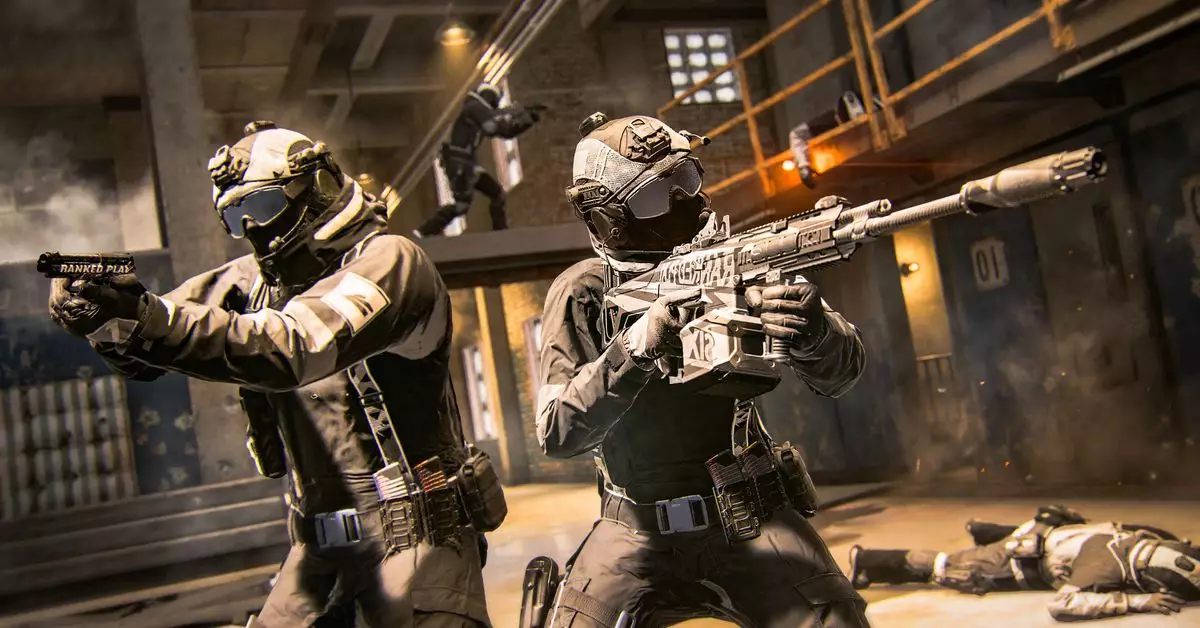The introduction of anti-cheat systems within gaming has become increasingly essential to maintaining the integrity of competitive play. Activision, known for its flagship titles like Call of Duty, is no stranger to these challenges. Their Ricochet anti-cheat system was launched with great expectations, promising a level playing field for all gamers. However, recent events surrounding this system have raised serious questions about its efficacy and reliability. Allegations of false bans due to an unforeseen vulnerability in the system have emerged, with the company downplaying the scope of the issue while others assert that the impact has been far more widespread.
Claims of False Bans
Activision announced that a workaround to its detection system in Modern Warfare III and Call of Duty: Warzone has been disabled, but the fallout from this decision may be far-reaching. The company insists that only a “small number of legitimate player accounts” were impacted, and that all affected accounts have since been restored. However, a cheat seller known as zebleer claims otherwise, stating that the issue has caused “several thousand random COD players” to receive unjust bans. This stark contrast between Activision’s stance and zebleer’s detailed claims invites skepticism regarding the accuracy of the game publisher’s assessment.
What raises eyebrows is the method through which players were banned. According to zebleer, the Ricochet system scanned memory for specific strings of text that identified cheat software. This vulnerability allegedly allowed malicious players to wreak havoc by executing simple tricks, such as sending a friend request that included phrases tied to cheating, thereby triggering an automatic ban. This revelation casts a shadow over the intended protective measures of the Ricochet system, underscoring technology’s susceptibility to manipulation.
The ramifications of such an exploit extend beyond mere player accounts. High-profile streamers like BobbyPoff found themselves embroiled in controversy, revealing the public’s relentless curiosity around accountability in gaming. While BobbyPoff was quickly unbanned, the damage to his reputation and that of the community at large was done. Speculations about cheating run rampant, fueled by an environment where suspicion can stem from a mere chat message. In this context, gaming identities can be fragile commodities, easily tarnished by a system that fails to distinguish between genuine players and potential exploiters.
As the conversation turns towards the future of anti-cheat systems, it is imperative for companies like Activision to reassess their strategies. With community trust hanging in the balance, transparency and responsiveness will be key. The Call of Duty Updates account has promised further clarification through a forthcoming blog post, which many anticipate with a mix of hope and skepticism.
The ongoing situation illustrates a broader narrative within the gaming realm: the impact of technology on player integrity and game enjoyment. For serious gamers, a reliable anti-cheat system is not just a feature; it’s a cornerstone of fair competition. If the developers do not adequately address these issues, they risk alienating their player base, potentially driving players to seek alternatives or to abandon the game altogether.
While Activision’s Ricochet system aims to uphold fairness in gaming, recent incidents highlight its vulnerabilities, calling for immediate and decisive improvement to restore confidence within the community.

